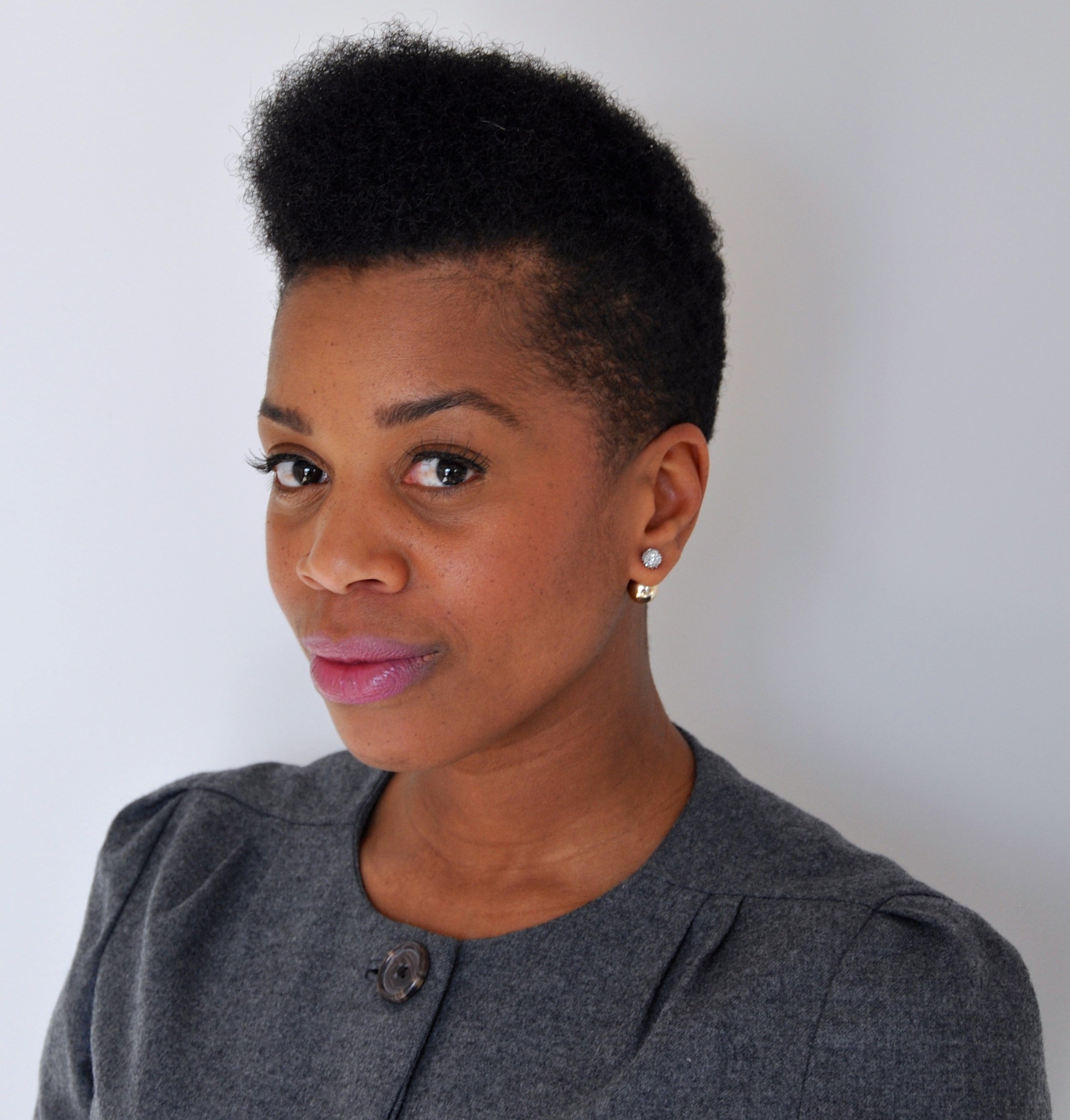By Lisa Kabesh, Communications Associate, CTE

Keleta-Mae sums up her teaching philosophy in two words: critical self-reflexivity. For Keleta-Mae, this means teaching students how to think about the spaces they occupy and the positions they adopt in their day-to-day lives in relation to the world in which they live and the politics that shape it. In “A Pedagogy of Justice,” which she published while completing her PhD in Theatre Studies in 2011, she calls this “risky business,” and for good reason. As she points out, “it asks students and teachers to look closely at their moorings and, at times, to untie systems of meaning-making that have held together their world-views for a long time.”
So how does this instructor of theory and performance teach this type of self-reflexivity? The foundation of her course design is the desire to work with students as they explore ways to rethink and redistribute power. Her course outlines feature readings and videos that are chosen not just for the theories or content that they introduce but for the historically underrepresented voices that they bring into the classroom. This attention to who gets heard is also reflected in how she assesses in-class participation. Keleta-Mae takes a unique approach: a few weeks into a course, she asks students to informally assess their participation to date. She asks them to identify their comfort levels with speaking up in class and assesses their participation with this self-evaluation as context. For example, if a student gives himself a 10—that is, if he rates himself as someone who is likely to participate often and talk at length—Keleta-Mae ensures that if he talks less in class, he will not be penalized. The act of ceding time and attention to others becomes a way to encourage other voices to be heard and is a valued form of participation.
In another assignment, Keleta-Mae asked her class to adapt and expand a short play that she then directed and dramaturged. Called “on love,” the play was centred on Nigger Rock in St. Armand, Quebec, an historical site where enslaved black people, tradespeople, and travellers who had lived in the area are believed to be buried. With eight cast members playing black roles, the students had to cast outside of their race. “This is not about colour-blind casting,” Keleta-Mae emphasizes. “Either we’re going to wait to magically have this diverse student body that will allow us to do work that … represents the diversity that is Canada, or we’re going to present the work and figure out the messiness of having students that are cast across race.”
"It helps to have some way of educating people through this kind of art form, through performance…. If that’s going to help people find out about certain topics, then it’s beneficial."
And what were the outcomes for students of this messy, challenging work? White students talked about never before having thought about what it felt like to move through the world as a black person and became more aware of the privileges whiteness affords them. And for some non-white students, seeing or performing in a piece that did not centre whiteness was affirming. For Keleta-Mae, both outcomes are significant: “they’re living the theory, critical race theory, in practice, through the creation of art.”
Designing assignments and courses that bring together course content and students’ own lives, then, is a hallmark of Keleta-Mae’s teaching. This is an instructor who has received international attention for creating DRAMA 282: Gender and Performance, a course that focuses on Beyoncé. Articles about the course appeared in the National Post, Flare Magazine, and many other outlets, and she penned her own piece for the Huffington Post that delves into why Beyoncé is a deeply relevant topic of study for Canadian students.
Keleta-Mae also brings her teaching to the public. She regularly appears as a guest on radio shows to discuss race, gender, and popular culture. In 2016, she was interviewed by Matt Galloway of CBC Radio One’s Metro Morning to comment on the police shootings of Alton Sterling and Philando Castile, and she regularly writes for the Globe and Mail, including pieces on Black Lives Matter, among others. For Keleta-Mae, teaching doesn’t stop at the classroom door. As she laughingly pointed out to me near the end of our interview, “[media engagement] allows me access to a student body I just wouldn’t have otherwise.”
Read more Teaching Stories.
Tip Sheets
CTE has developed more than 100 Teaching Tips. Each one succinctly conveys useful ideas and practical methods for effective teaching. Some Teaching Tips relevant to the strategies mentioned in this Teaching Story include:
- Critical Reflection
- Promoting and Assessing Critical Thinking
- Implementing Group Work in the Classroom
- Exploring Your Teaching Philosophy: Sample Exercises
To learn more about Keleta-Mae’s courses, articles she has written for media outlets on teaching and other topics, her radio appearances, and more, visit nailakeleta-mae.com.